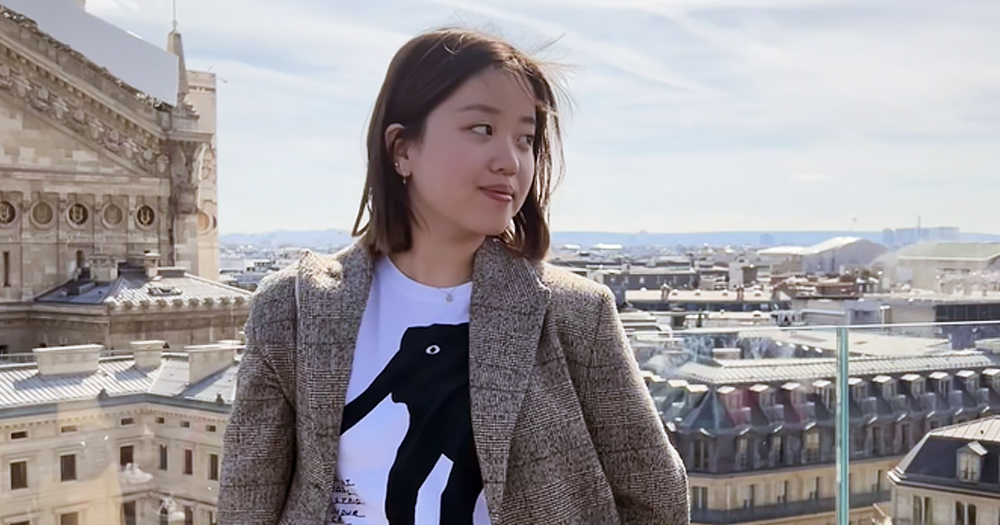In Maggie Nelson’s The Argonauts, she discusses with her partner whether words are enough. To express love, fluidity, an experience, a feeling felt. Are things like pronouns enough to capture the complexity of gender? Harry Dodge, a filmmaker, argues that they aren’t. That’s what images and sounds are for, to fill in the gaps that word’s can’t.
From my experiences with pronouns, I’ve come to the conclusion that words can describe almost anything. When attached to context, implication, and tone, words have helped me immensely in finding my identity, in a world so fixated on labels and the binary.
Research has shown that pronouns can help remove gender biases and precognitions. A study in Sweden found that the conscious use of gender-neutral pronouns reduced people’s likelihood of using traditionally male names and increased positive attitudes toward LGBTQ+ people. Several findings reveal that the oldest use of gender-neutral pronouns dates back to the 14th century and began to catch on in the 19th century in famous works like Pride and Prejudice.
Amidst the debates in language and so-called biology, pronouns for me have been as simple as a form of validation. It took about five years to find my comfort in using two sets of pronouns, both with different purposes.
Having grown up in an Asian metropolitan, gender roles were not so much stringent as they were covert and a test of conformity in a fast-paced environment. I was a hyperactive, loud, and expressive child— while my parents were as supportive as they could be, there were times when I was constantly reminded that I was not being a “girl.”
At school, teachers heavily imposed that girls were meant to be more “well-behaved,” “mature,” and “quiet.” While I didn’t think much of back then, I now realize the weight those words had over my development. Whenever I was told off for laughing too loud or faced the corner for missing assignments, I wondered if I had failed to be a girl. At family dinners, I fidgeted in my seat, frustrated from keeping my knees together for so long but did what I could to save a glare from my mother. I figured there was no way I could ever keep up.
When I learned about gender non-conformity and neutral pronouns, I felt only relief. I didn’t have to be perceived as a girl if I didn’t want to. “They” and “them” showed me I could live as myself without having to compare to a platonic ideal of a girl.
But there were other times when I enjoyed being a girl and indulged myself in feminity. They were in fleeting moments where they weren’t attached to patriarchal roles or expectations. They were the mornings I put on lipstick and mascara humming to Paramore songs, the days I got compliments on my way to class as my boots clacked on the streets. The nights my sister and I would have impromptu fashion shows in the hallway and took too many pictures of our outfits.
It was very much a performance, but I like to think I learned to do it well. In that sense, “she” and “her” are a nod to this— I almost look the part, despite my “un-female” personality.
That is not to say that someone’s identity is based on how well they adhere to gender roles. If anything, I’ve learnt that simple things like pronouns validate someone’s way of living, after being outside of heteronormative standards their entire life. Words are enough.
Pronouns are much like a name. Names are sewn into one’s identity, and they can define someone as much as they want to. The sanctity and security of a name can mean nothing or everything dependent on the person. Names do not necessarily have to “match” someone’s appearance or gender— and historically in many cases, they don’t.
The same should go for pronouns. The more we accept the normality of having gender-neutral and neopronouns, the less our appearances, personalities, and names become attached to some unattainable ideal. All in all, it’s part of respecting individuality.
© 2022 GCN (Gay Community News). All rights reserved.
Support GCN
GCN is a free, vital resource for Ireland’s LGBTQ+ community since 1988.
GCN is a trading name of National LGBT Federation CLG, a registered charity - Charity Number: 20034580.
GCN relies on the generous support of the community and allies to sustain the crucial work that we do. Producing GCN is costly, and, in an industry which has been hugely impacted by rising costs, we need your support to help sustain and grow this vital resource.
Supporting GCN for as little as €1.99 per month will help us continue our work as Ireland’s free, independent LGBTQ+ media.

comments. Please sign in to comment.